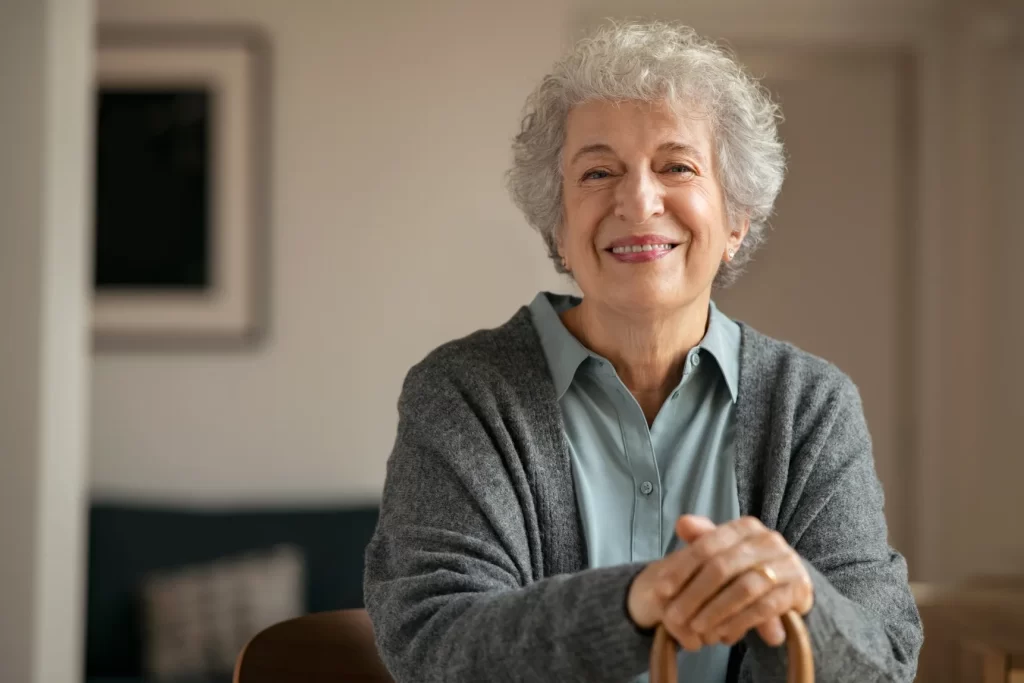What is a Clinical Trial?
Before a medication or new device for treatment of medical issues is available to the public, the United States Food and Drug Administration (FDA) must review and approve the medication or device for public use. The FDA does this to learn more about the product and ensure that it is effective and safe.
To get FDA approval, the company that makes the medication or device must conduct clinical research trials.
The companies ask people to volunteer for clinical research trials. In these clinical trials, participants are given the investigational medication or device and evaluated by study doctors and staff members.
After clinical research studies are complete, the pharmaceutical company submits the study information to the FDA. The FDA reviews this information and decides if the investigational medication or device can become available to the public.
Volunteers in a clinical trial participate in the development of medical therapies that may offer better treatments and even cures for life-threatening and chronic diseases. However, there are risks involved.




Comprehensive Mental Health Services

Child, Adult & Geriatric Psychiatric Clinic:
Tailored evaluations
and treatments
for all age groups.

TMS Brain Stimulation
Center:
FDA approved treatments for conditions like Depression, OCD, fibromyalgia, and chronic insomnia.

Spravato REMS Certified Center:
Specialized care for
Treatment resistant
depression in adults.

Dementia assessment and treatment:
Comprehensive dementia assessment and effective treatment for enhanced quality of life.

ADHD testing
and treatment:
We provide ADHD testing and treatment services for improved clarity and well-being.

Substance Abuse
Treatment:
Offering treatments like Suboxone,
Vivitrol, Antabuse,
and Acamprosate.

Possible benefits for volunteers:
Play an active role in their health care.
Gain access to research treatments before they are widely available.
Obtain medical care at health care facilities during the trial.
Help others by contributing to medical research.
Meet Our Professionals


Ravikumar Bhalavat
What Our Patient Say About Us



Locations
Bel Air
2014 S.Tollgate Rd
Suite 208
Bel Air MD
21015
White oak Psychiatry
11886 Healing Way Suite 504 Silver Spring MD 20904
Honeygo Psychiatry
5009 Honeygo Center Dr Suite 200 Perry Hall MD 21128

Screening Visit:
At this screening visit, you would meet with doctors and staff members at our clinic to discuss the trial and be assessed against the eligibility requirements. This visit typically takes between 2-4 hours to complete. During this visit, you will review the informed consent document (ICD). The ICD must be signed before any study procedures can be completed. Then, if you still want to participate and agree to sign the ICD, we will complete the screening assessments. Screening assessments can vary from study to study but typically include:
- Reviews of your medical history
- Physical exams
- Vital signs measurements
- Blood and urine sample collections
- Questions about how you are feeling
- Reviews of any medications you are taking
Following the visit, our staff will typically contact you within 5-7 days to review your screening visit results and confirm if you meet the eligibility criteria for the study. If you are eligible for the study, you will be provided instructions on how to continue with the study and the dates/times of your next visit.

Possible risks for volunteers:
There may be unpleasant, serious, or even life-threatening side effects to experimental treatment.
The experimental treatment may not be effective.
The protocol may require more time and attention than a non-protocol treatment, including trips to the study site, more treatments, hospital stays, or complex dosage requirements.
Please note: volunteers may withdraw from a study at any time for any reason.

How do I qualify?
Every clinical trial has eligibility requirements related to your age, health, and reproductive status. You must meet all the eligibility requirements to take part in a trial.
If you see a trial that interests you and you meet the eligibility requirements, you can apply online to take part. After you’ve applied, a trial staff member will contact you to invite you to a screening visit. Your screening appointment will be for a specific clinical trial, as each trial will have its own eligibility requirements.

What to expect
If you are eligible to participate in a trial, you’ll be asked to visit our clinic a set number of times (depending on the length and design of the trial). Your safety during the clinical trial is of primary importance to us. To ensure your safety, we will typically need to re-check your health status and other eligibility criteria when you are admitted to the clinic as well as during the clinical trial.
You may be asked to stay at our clinic overnight. If this is the case, you’ll be provided with a room and meals and have access to movies, TV, video games, board games, and computers with internet access.
Book Your Consultation With Us Today.

Admission:
During the trial clinic visits, trial doctors and staff members will evaluate your health and response to any medication you’ve been given and answer any questions you may have. Some tests and assessments they use may include:
- Reviews of your medical history
- Mental status exams
- Vital signs measurements
- urine sample collections
- Questions about how you are feeling
- Reviews of any medications you are taking
- Reviews of any side effects you may experience
Get in touch
Want to get in touch? We’d love to hear from you. Here’s how you can reach us….
Request an Appointment
FAQ's
Do I get paid for screening and doing the clinical trial?
You will be compensated for your time and effort if you sign the study consent, and all payments are outlined in the Informed Consent Document. You will be paid for the screening visit if you sign the consent document. The only exception is you will not be paid for your screening visit if you test positive for drugs of abuse (recreational drugs), alcohol, nicotine (if applicable), and/or double enrolled in another study at another site.
If I join a study, do I have to complete the study?
No, you are free to leave a study at any time and for any reason. However, if you leave a study, the study doctor or study staff may ask you some follow-ups questions, and you will not be allowed to rejoin the study.
What if I decide I want to stop or withdraw from a clinical trial after I’ve signed an Informed Consent Document?
Participants are free to withdraw from a study at any time. This will not affect the standard of care you receive, or your legal rights.
Can I get study medication outside of clinical research studies?
No, only study participants are eligible to receive study medication. This is because clinical research study medications are not available to the public.
Should I talk with my family, friends, and personal doctor before participating in a clinical research study?
It is always a good idea to discuss study participation with people you trust. Your personal doctor may also be able to discuss other treatment options with you.
- Reviews of any medications you are taking
- Reviews of any side effects you may experience
How will I be paid for the clinical trial, and when will I receive my payment?
Compensation will be issued by payment cards. If you withdraw or are removed from the study before study completion for any reason, you will receive a prorated amount of compensation based on the visits you have completed. You must give your Social Security Number or Taxpayer Identification Number to receive payment.
Are there any side effects?
As with any drug, marketed or not, there is always a potential for side effects. Your safety and welfare are of primary importance within all our studies and throughout any procedures carried out. Information regarding any possible side effects of the study drug can be found in the Informed Consent Document.
How long do you keep my data, and is it confidential?
We will follow ethical and legal practices, and all information about you will be handled in confidence. Data storage timelines vary depending on the study sponsor, but data can be up to 25 years in some cases.



